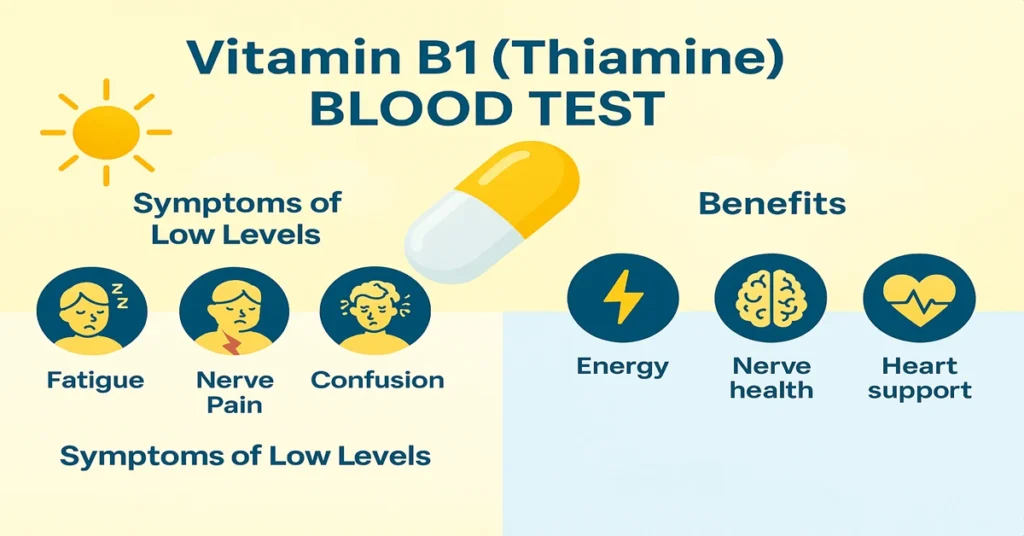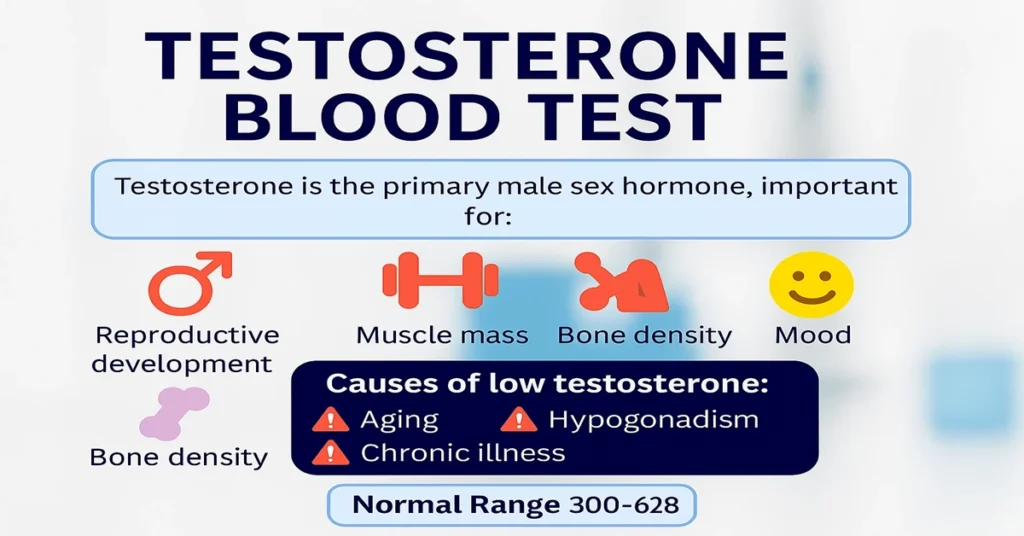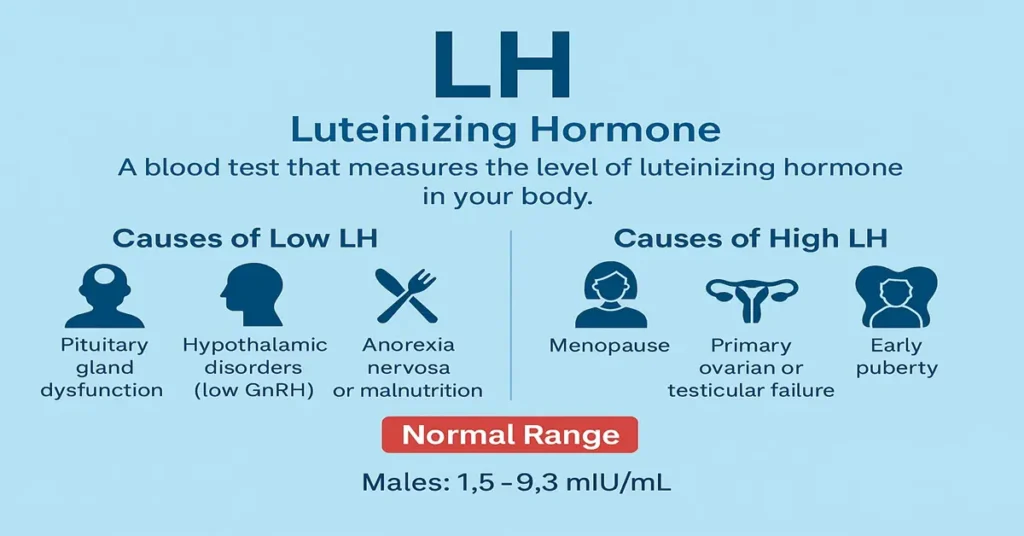Vitamin B1 (Thiamine) Blood Test – Importance, Normal Range, and Deficiency Symptoms
The Vitamin B1 (Thiamine) blood test checks levels essential for energy and nerve health. It helps detect deficiency linked to fatigue, nerve pain, or beriberi. Learn the causes, symptoms, and normal range of Vitamin B1 for maintaining overall wellness.
Vitamin B1 (Thiamine) Blood Test – Importance, Normal Range, and Deficiency Symptoms Read More »










